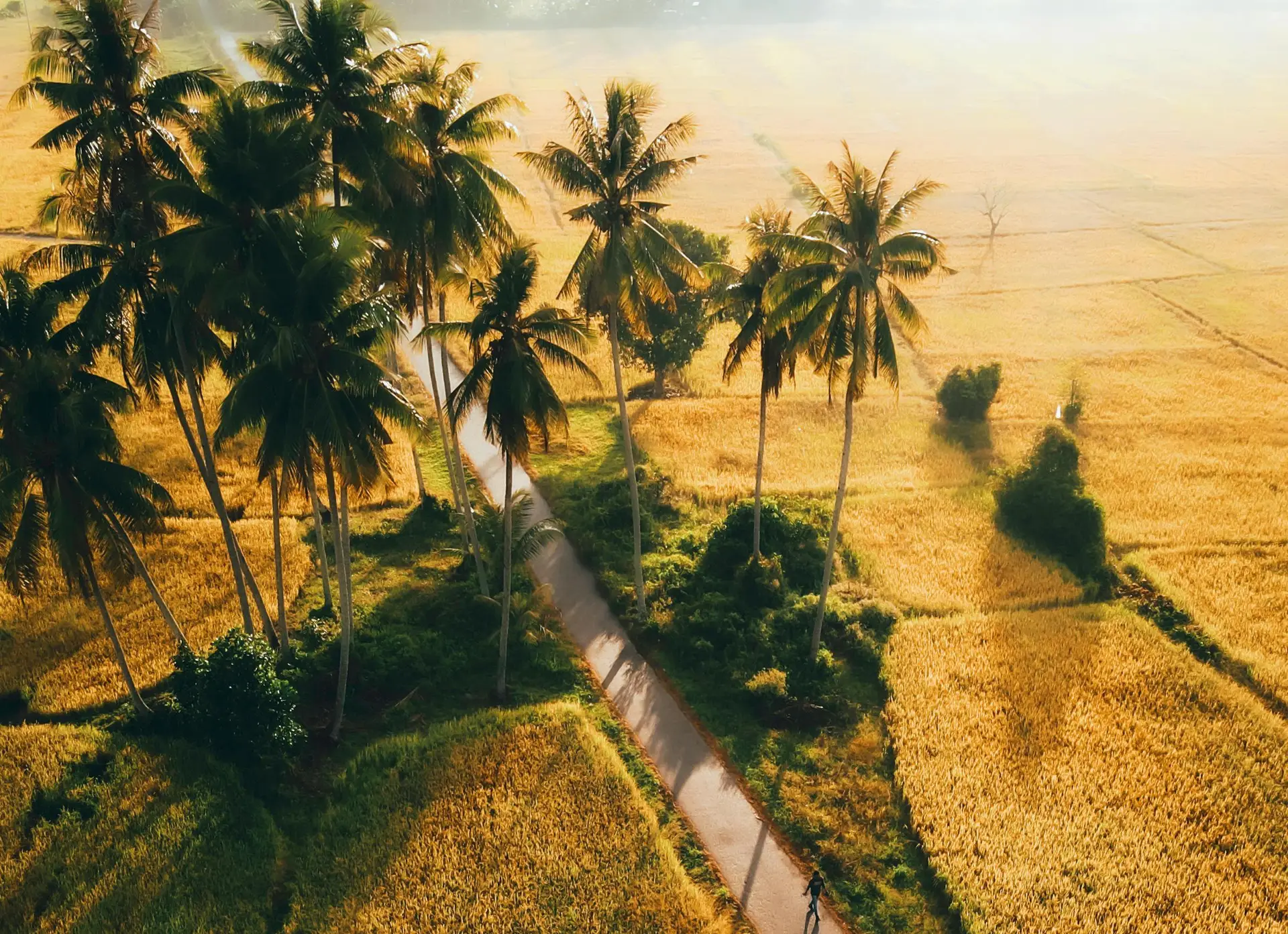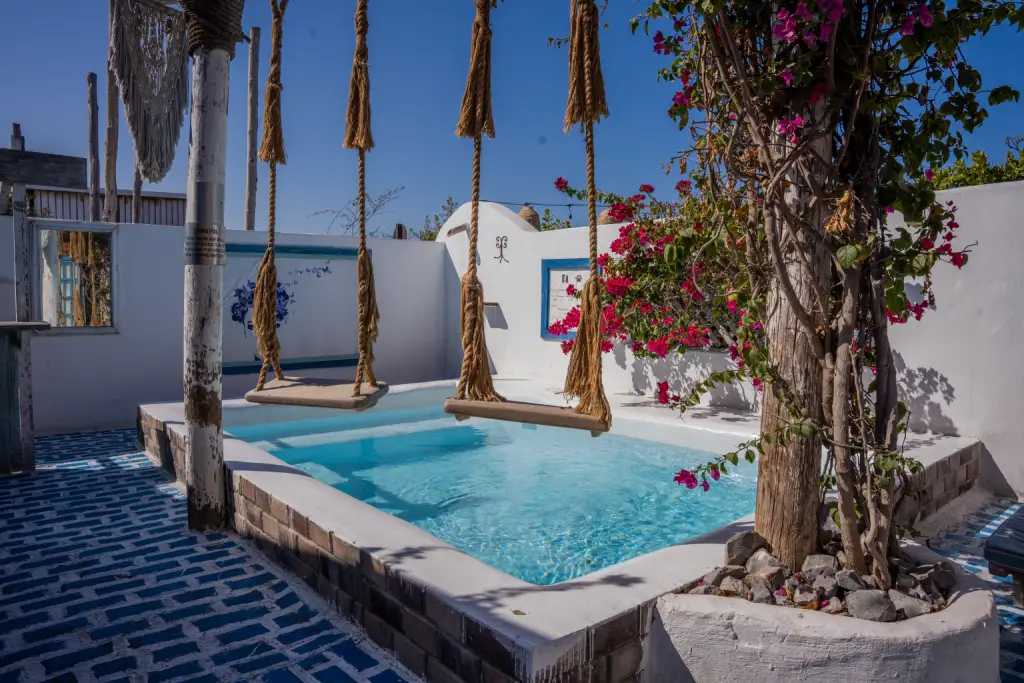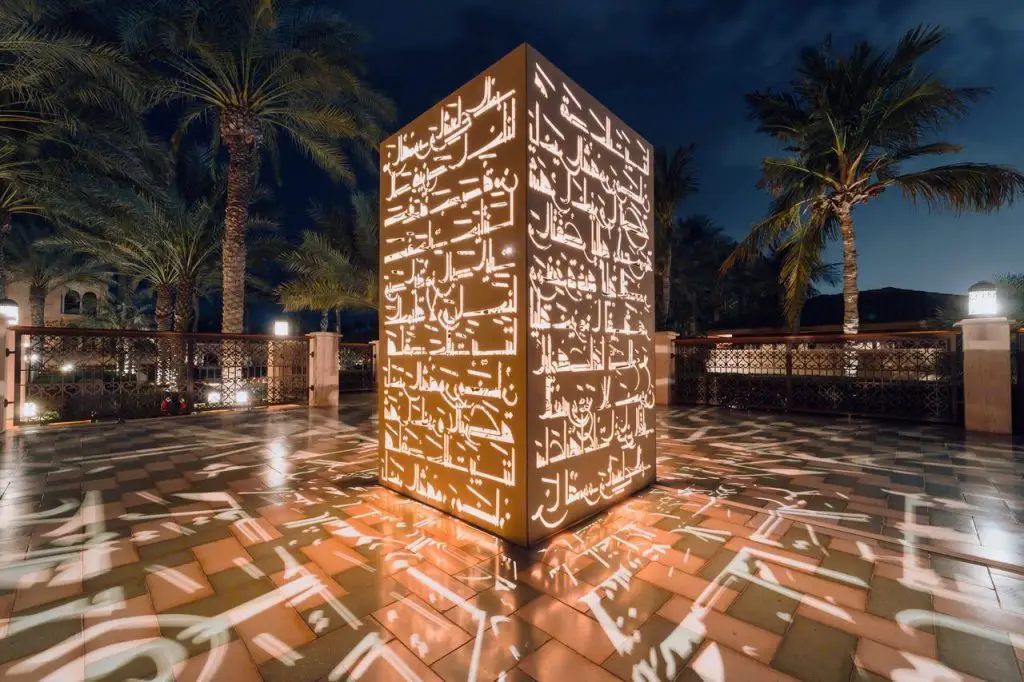
Dubai, UAE: The UAE’s hospitality sector stands at a defining crossroads. With the UAE’s tourism strategy aiming for a total GDP contribution of $450 billion by 2031 with an annual increase of AED 27 billion,and the country’s unwavering commitment to Net Zero by 2050, hotels can no longer treat sustainability as tomorrow’s challenge.




